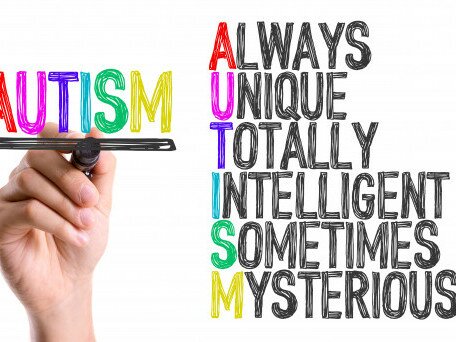The Meaning of Cognitive Conflict across Cultures: Using Pupil Dilation to Identify Culturally-relevant Meaning Disruptions and Conflict Compensation.
- 項目計劃:
- 優配研究金
- 項目年份:
- 2021/2022
- 項目負責人:
- 蒲安梅博士
- (心理學系)

With four studies using an objective physiological measure of arousal (pupil dilation, PD), we will examine how East Asians and Westerners react to unexpected information.
The studies will help clarify previous ambiguities around how culture affects basic cognition, and will also extend the paradigm to examine the connection of morality to meaning-making across cultures. The findings will have implications for teaching skills for beneficial reactions todiversity, in the classroom and in society at large.
Prior cultural psychological research presents conflicting evidence on how East Asians vs. Westerners react to expectancy-violating information. In some cases, East Asians appear more likely to integrate or accept contradictory information (e.g., a “knew it all along” hindsight bias; Choi & Nisbett, 2000; Peng & Nisbett, 1999). However, East Asians also sometimes appear to experience less dissonance when presented with opposing pieces of information, leading to less integration of contradictory information (Aggarwal et al., 2013; DeMotta et al., 2016; Leung et al., 2018). This raises the question: Are differences in East Asian and Western responses to cognitive conflict due to differences in initial reactions to contradictions, or are these differences due to relative preferences for distinct compensation behaviors?
New studies find that PD can be used to detect arousal-inducing expectancy violations (Proulx et al., 2017; Sleegers et al., 2019, 2020), providing an objective method of teasing apart these two ways that culture could affect cognition. Moreover, extensive literature that connects this aversive arousal to a sense of “meaning” (coherence, at both basic and higher cognitive levels; e.g. Proulx et al., 2012)) suggests that we can use the same paradigm to test how morality is connected to meaning-making across cultures (Janoff-Bulman, 2013). Three studies will assess initial attentional response (PD) to error feedback or surprising images, and test for potential cultural differences in three categories of compensatory mechanisms: hindsight bias (accommodation), confirmation bias (assimilation), and punishment of norm violators (alternative commitment). A fourth study will examine if violation of moral norms leads to PD, but only when behaviors are culturally relevant, such as filial piety norms in Hong Kong. The project capitalizes on the PI’s expertise in cultural differences in holistic vs. analytic reasoning (e.g. Buchtel & Norenzayan, 2008, 2012) and morality (e.g. Buchtel et al., 2015, 2018; Buchtel, Ng, et al., 2020), and the Co-Is’ expertise in psychophysiological measures of meaning violations (e.g. Proulx et al., 2012, 2017; Sleegers et al., 2019, 2020).








